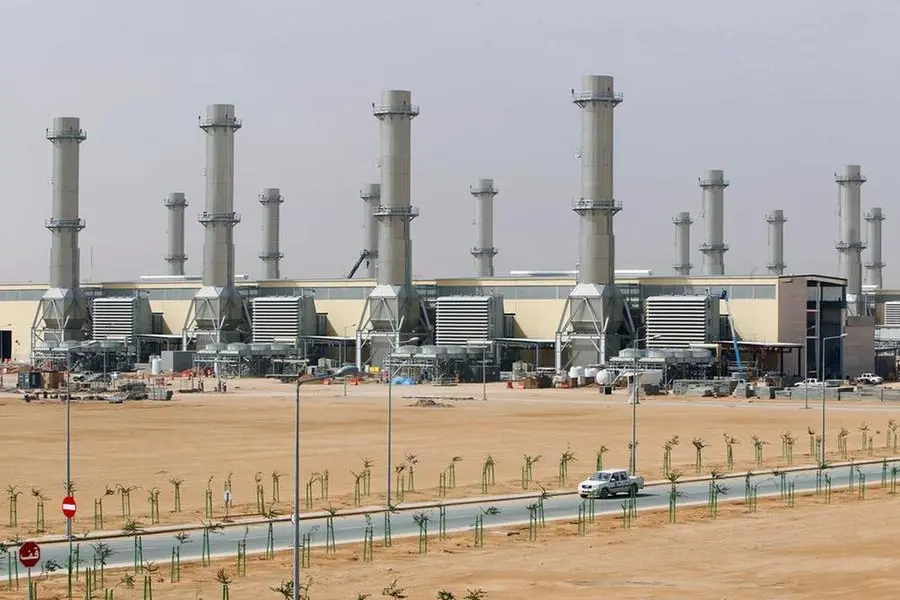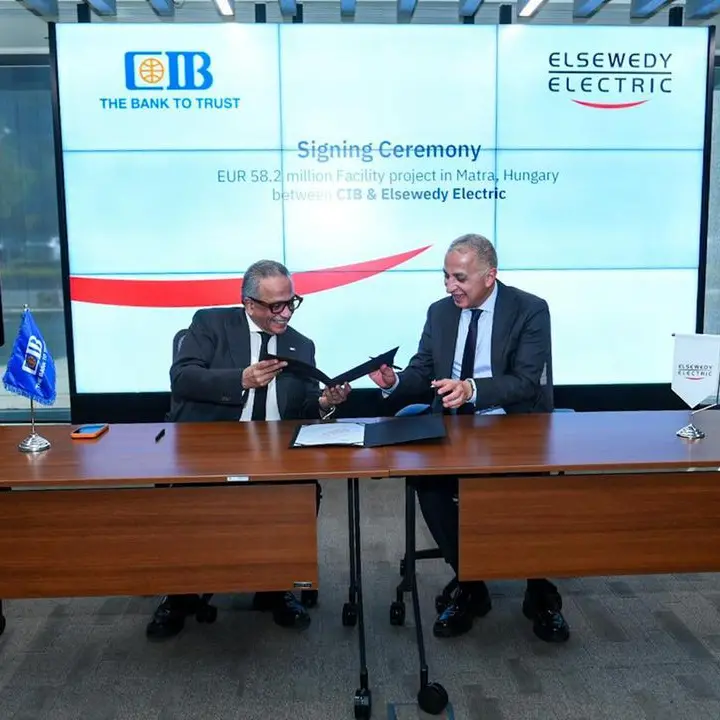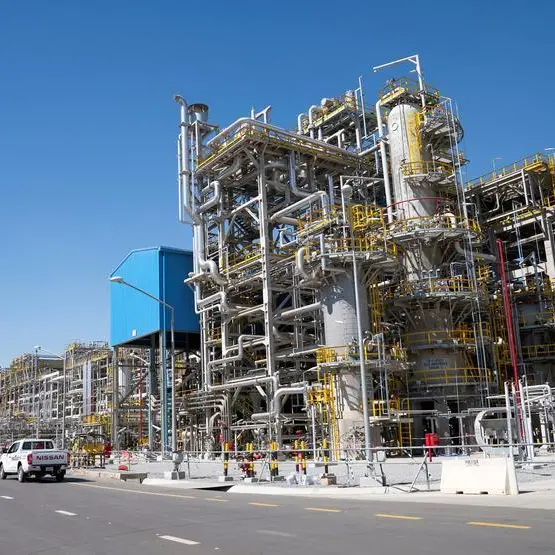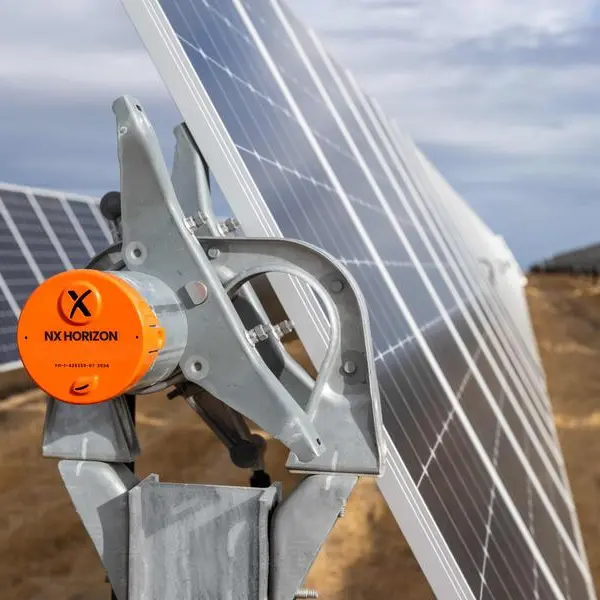PHOTO
Saudi Electricity Company (SEC) has appointed WSP Middle East to support the Saudi stock exchange-listed utility in achieving compliance against applicable local and international environmental regulations as part of a major environmental compliance programme covering all its facilities across the Kingdom.
SEC’s project aims to achieve the environmental compliance requirements of its operation facilities and assets, against the National Centre for Environmental Compliance (NCEC) standards and regulations, WSP said in a press statement.
SEC will be supported by WSP's Environment & Sustainability Advisory team.
The first phase of the project is to identify all compliance gaps, provide environmental auditing services, and develop the environmental compliance action plans and procedures required to achieve legal compliance with NCEC’s requirements.
The second phase is for oversighting, tracking, and monitoring the Environmental Compliance Action plans’ implementation, including the development of Key Performance Indicator (KPIs) to monitor and control the progress across SEC’s operation sites and assets.
WSP's Environment & Sustainability Advisory team will also support SEC with the development of an Environmental Management System (EMS). The development of the EMS is a target set by SEC and defined as an internal KPI for meeting International Organisation for Standardisation’s (ISO) requirements.
SEC’s commitment to sustainability entails:
•Implementing Saudi Arabia’s national energy strategy to create a sustainable electricity sector. By 2030, Saudi Arabia is aiming to have 50 percent of its electricity generated from renewable energy sources and the remaining 50 percent generated from thermal energy, as well as completely displacing liquid fuel for gas.
• Investing into 25 renewable energy integration projects by 2026, which will have a total capacity of 15,994 megawatts and the potential to avoid 33.5 megatonnes of carbon dioxide equivalent (CO2e) emissions each year.
• Implementing over 10.5 million smart metres throughout Saudi Arabia, which will potentially avoid 1.8 million tonnes of CO2e emissions each year, as well as help to promote grid digitisation
(Writing by SA Kader; Editing by Anoop Menon)





















